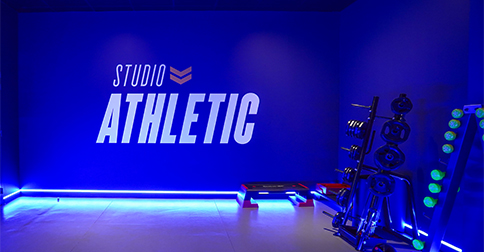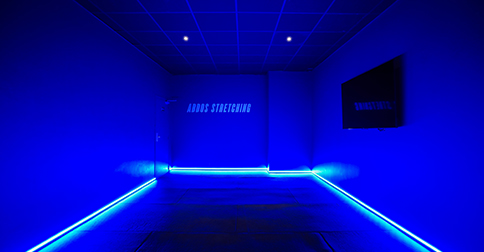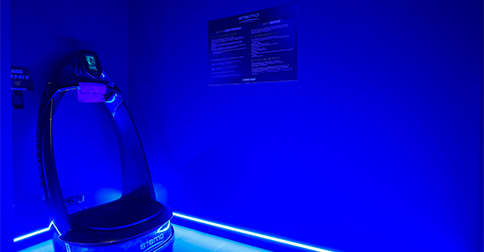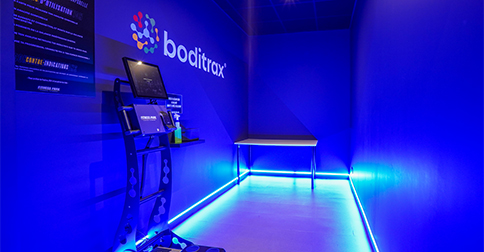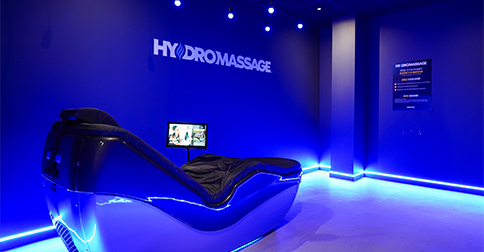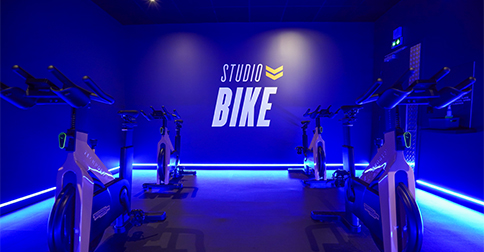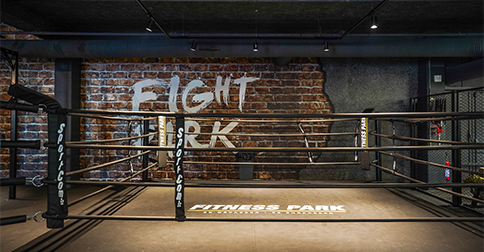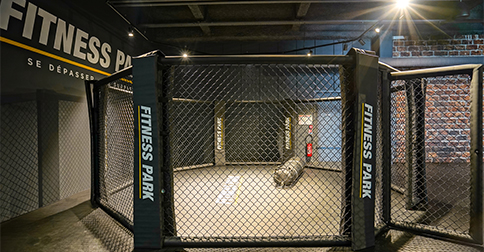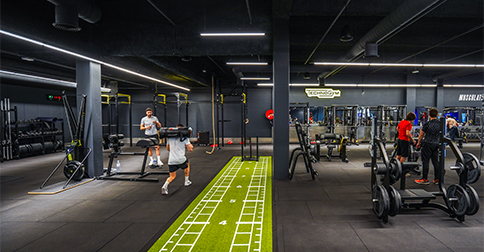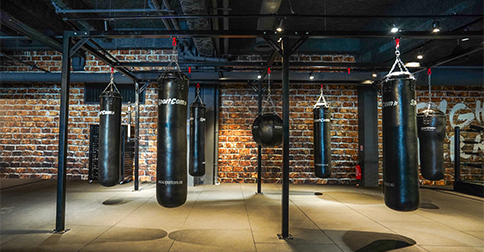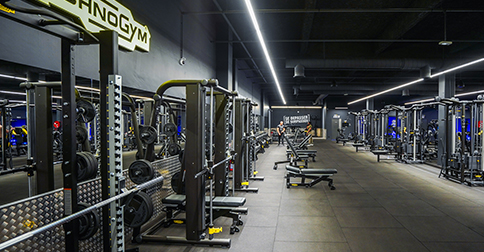Découvre le club Fitness Park Saint-Jean-de-la-Ruelle situé dans la zone commerciale des Trois Fontaines. Réparti sur plus de 2000m², le club t’offre un large choix d’activités et d’équipements Technogym pour t’entraîner efficacement. Que ton objectif soit de prendre du muscle, t’affiner ou te remettre en forme, Fitness Park t’accompagne dans ta réussite personnelle. INFORMATIONS PRATIQUES SERVICES DU CLUB LES POINTS FORTS *En supplément Le club de sport Fitness Park Saint-Jean-de-la-Ruelle t’accueille sur 2000m² d’espace de pratique : musculation, cardio, cross-training, boxing. Nombreuses machines et équipements Technogym, disponibles en libre accès 7J/7 - de 6h à 23h. Retrouve des coachs sportifs disponibles pour tous tes entraînements. Retrouve un espace de 400m² pour tes séances. La salle est équipée de machines de musculation dernière génération Technogym et Hammer Strenght pour dépasser tes limites lors de tes entraînements. Nos machines de fitness à charges guidées te permettent d’évoluer pour atteindre tes objectifs de musculation. Progresse avec une préparation physique millimétrée, dans un espace conçu parfaitement pour tes séances de musculation. Retrouve des équipements de musculation à charges libres performants pour développer ta masse musculaire. Travaille l’ensemble du corps et améliore ta condition physique générale dans l’espace dédié aux entraînements cardio fitness. Entraîne-toi pour te remettre en forme, dépenser un maximum de calories, perdre du poids et développer ton endurance. Nous mettons à disposition les meilleurs équipements de fitness et de cardio Technogym pour atteindre tous tes objectifs sportifs : rameurs, vélos elliptiques, simulateurs d’escaliers ou encore tapis de course. Pratique un sport de combat dans l’espace Fight Park du club. Plus de 250m² inspirés des clubs de boxe dédiés à tous les arts martiaux : full-contact, muay-thaï, thaïlandaise, ou encore française. Tu peux facilement t’entrainer, en toute sécurité grâce aux équipements présents dans le club et sur les sacs de frappes disponibles. Enchaîne muscle-up et sit-up à force de détermination et d'abnégation. Créer des programmes d'entraînement personnalisés et réveille l'athlète qui sommeille en toi. Nous mettons à disposition et en libre accès, une box pensée pour pratiquer le cross-training en illimité. Retrouve barres de traction, kettlebells, rack à squat, TRX, box jump, wall-balls et powerbag pour des séances de cross-training intenses et variées. Mélangeant musculation, haltérophilie et mouvement de gymnastique, le cross-training ne t’offre pas moins de 50 exercices différents pour brûler des calories et développer tes muscles. C’est la discipline par excellence pour une préparation musculaire et cardio à haute intensité. Quel que soit ton niveau, le cross-training est accessible à tous. Adapte tes séances d'entraînement selon tes objectifs. Nous proposons dans tous les clubs Fitness Park un espace Musculation, Cardio & Cross-Training afin que tu puisses venir t'entraîner dans les meilleurs conditions. Fitness Park te propose plusieurs offres au choix dès 19€/ 4 semaines* : Avec ou Sans Engagement avec l'offre classique, Access + et Ultimate et l'offre Jeunes. Découvre-les ! SALLE DE SPORT Saint-Jean-de-la-Ruelle
Musculation, Cross-Training, Cardio-Training & Fight Park
Dimanche 09:00 - 21:00
Dimanche 09:00 - 21:00Fitness Park Saint-Jean-de-la-Ruelle
Club de sport, fitness & remise en forme
Parking gratuit
Climatisation
Casier de recharge téléphonique
Douche individuelle
Produit désinfectant
Wifi gratuit
Distributeur automatique
Musculation
Cardio training
Espace Abdos Stretching
Cross training
Coaching particulier*
Fight Park*
Boditrax*
Inbody*
Station d'hydratation Yanga*
Equipements haut de gamme
Service de qualité
Libre accès dans tout le réseau
ACTIVITÉS
Espace Musculation
Conçu pour développer ta force
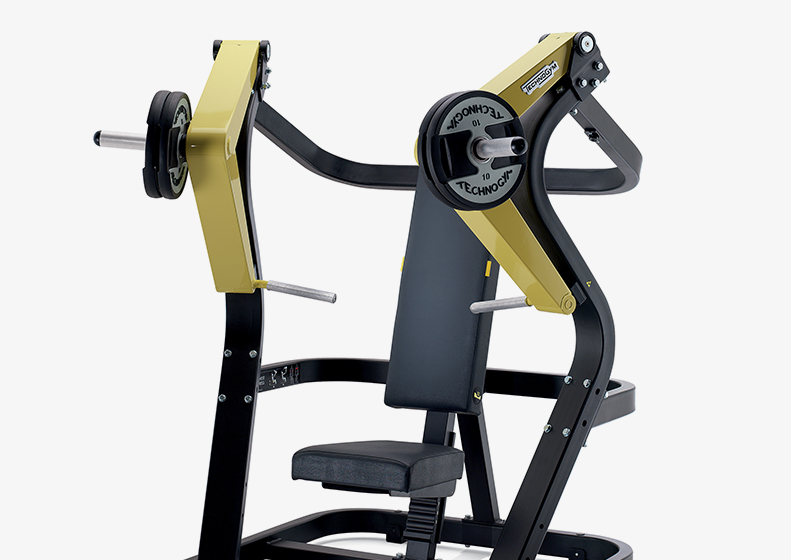
Espace cardio-training
Idéal pour te remettre en forme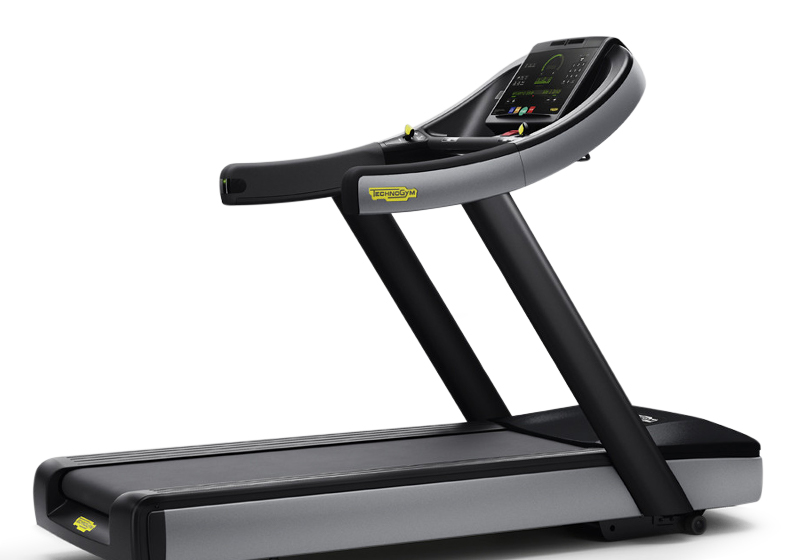
Espace Cours Collectifs
Plus de 160 cours disponibles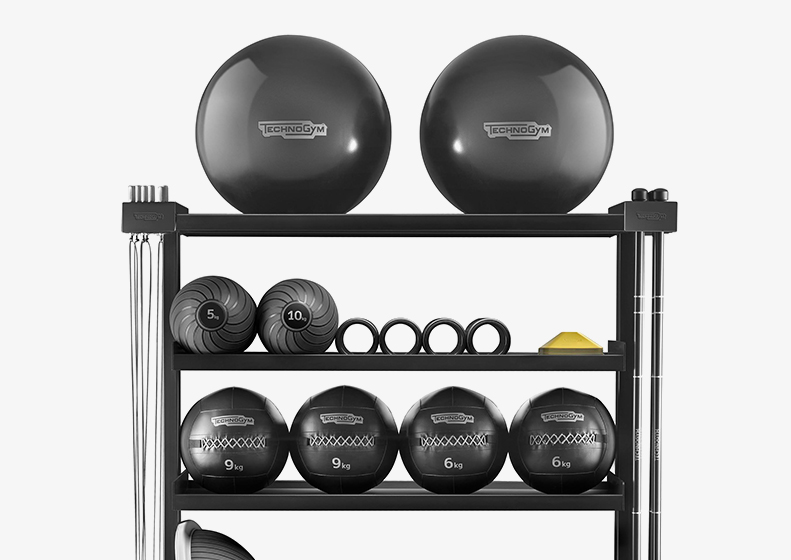
Fight Park
Réveille ta combativité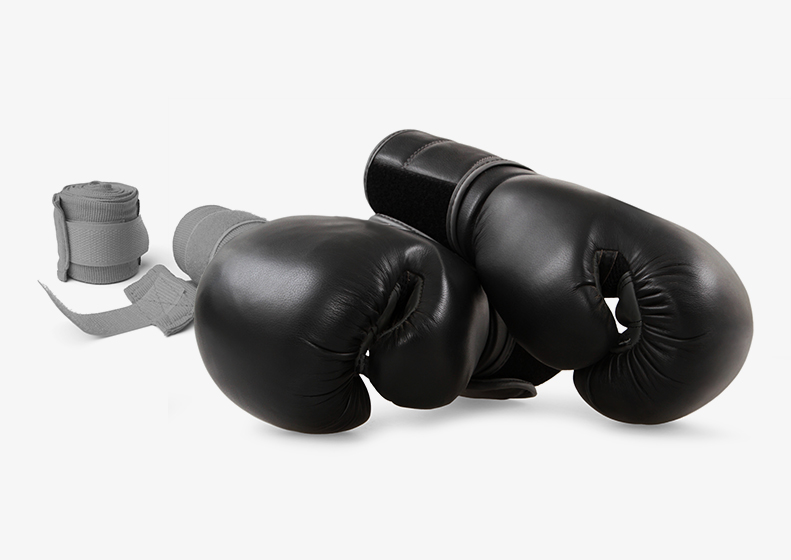
Espace Cross-Training
Repousse tes limites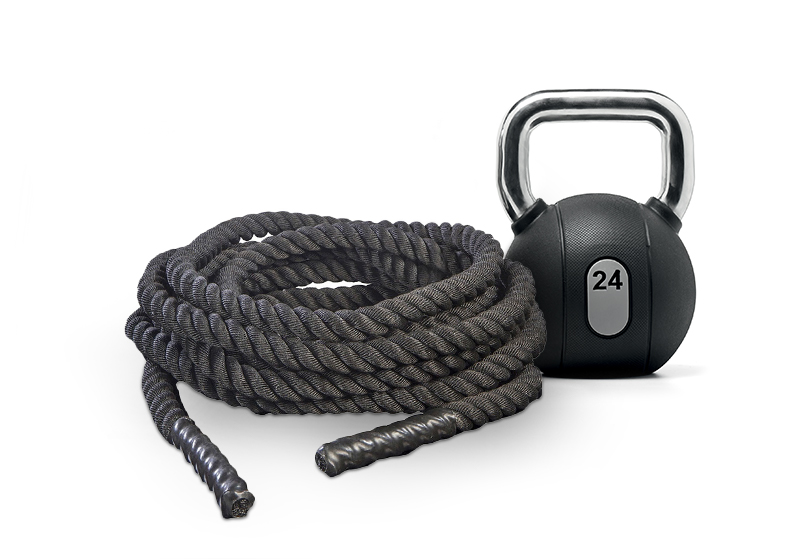
Questions &
RéponsesQuelles sont les activités proposées dans les clubs Fitness Park ?
Quelles sont les offres proposées dans les salles de sport Fitness Park ?
Pourquoi s’entraîner
chez nous ?
Fitness Park, la marque de fitness préférée des Français*
Un réseau de plus de 260 salles en France et à l'étranger
Espaces Cardio-Training, Musculation libre et guidée
Une communauté de passionnés !
Cage de Cross-Training et accessoires complets
Matériel haut de gamme et connecté
Cours collectifs vidéo exclusifs
Wifi gratuit
* Offre non cumulable valable pour toute souscription à un abonnement classic avec engagement d'un an soit 13 périodes de 4 semaines, hors l'adhésion de 30€ à l'inscription et la participation au renouvellement matériel de 9€ à régler une seule fois.
 Offre spéciale : Les 4 premières semaines à 19€
Offre spéciale : Les 4 premières semaines à 19€




